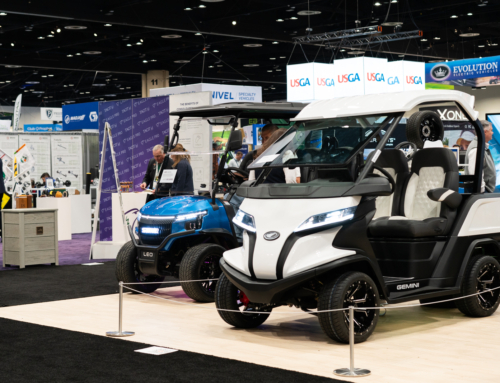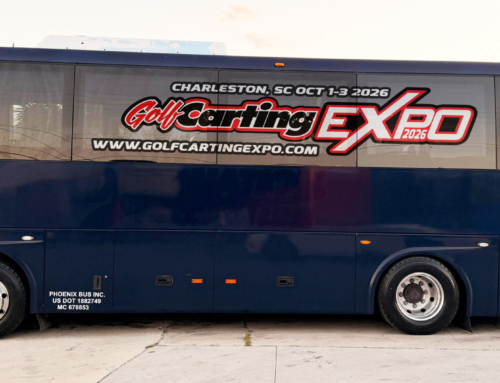When you think of high-stakes trade battles between the U.S. and China, your mind probably jumps to steel, semiconductors, or electric cars—not golf carts. But in 2025, these low-speed leisure rides have been driven straight into the heart of an international economic standoff.
The Ruling That Shifted the Game
The U.S. International Trade Commission (ITC) has decided that Chinese-built golf carts—officially called Low Speed Personal Transportation Vehicles—are being sold in America at unfairly low prices. This “dumping” of products, the ITC says, has been squeezing U.S. manufacturers and distorting competition.
The verdict? Tariffs that could hit anywhere from 31% to a jaw-dropping 679%, depending on the manufacturer. And that’s just the beginning—additional antidumping penalties of 119% to 478% will also be slapped on these imports.
Why American Brands Are Feeling the Heat
It’s not hard to see why U.S. companies like Club Car and E-Z-GO have been under pressure. Some Chinese-made carts sell online for under $1,000, while the cheapest American-built models often start north of $8,000.
The dominance is overwhelming. In 2024, China supplied a staggering 99% of the $703 million worth of assembled golf carts imported into the U.S. That’s helped Chinese manufacturers rapidly erode market share, leaving U.S. producers with just 37% of the industry.
The Push to Protect Domestic Production
Georgia Congressman Rick Allen—whose district includes both Club Car and E-Z-GO—has been one of the loudest voices calling for tariffs. Allen argues that without action, U.S. companies could be pushed out entirely, only for China to hike prices once they control the market.
“They’ve done it before,” Allen says. “The government dumps steel, golf carts—whatever—until the competition’s gone. Then you’re stuck depending on them.”
Not Just a Price War—A Policy Play
The ITC’s move introduces both antidumping duties, which target goods sold below fair market value, and countervailing duties, designed to offset foreign subsidies. Supporters say the measures are about safeguarding American jobs and manufacturing capacity.
Skeptics, however, question whether national security concerns apply to golf carts in the same way they do to critical products like microchips or rare earth minerals.
The Fairway Ahead
Whether these tariffs will help U.S. golf cart makers reclaim the market—or simply escalate trade tensions further—remains to be seen. But one thing is certain: in today’s global economy, even something as seemingly harmless as a golf cart can end up in the middle of a geopolitical clash.
FAST FACTS: Golf Carts & the Trade War
-
Tariff Ranges:
-
General tariffs: 31% – 679%
-
Antidumping duties: 119% – 478%
-
-
Price Gap:
-
Chinese imports: Under $1,000
-
U.S.-made carts: $8,000+
-
-
Market Share Shift:
-
China: 99% of 2024 golf cart imports
-
U.S. producers: 37% industry share
-
-
Import Value:
-
2024 assembled golf cart imports: $703 million
-






